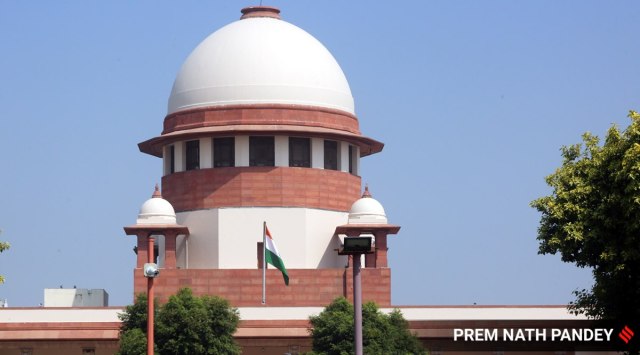
The Supreme Court has given the Centre an additional six weeks to consult with states regarding the minority status for Hindus in states where their numbers have fallen below other communities. Justices S K Kaul and A S Oka have also instructed states and Union Territories that have not yet submitted their views to do so within four weeks of receiving the order.
The government, in its latest affidavit updating the court on the consultation status, mentioned that comments have been received from 14 states and Union Territories, with reminders sent to others to provide their views promptly. The court was addressing various petitions challenging the National Minority Commission Act-1992 and advocating for the implementation of the 2002 TMA Pai case ruling, which emphasizes identifying religious and linguistic minorities at the state level for Article 30 purposes.
Advocate Ashwini Upadhyay highlighted the significance of the TMA Pai judgment and the April 2007 Allahabad High Court ruling, which emphasized that minorities were categorized based on population strength during the Partition of India. Upadhyay pointed out that Muslims are no longer considered a religious minority in India or Uttar Pradesh due to their population strength, as per the HC ruling.
Upadhyay argued that the term “minority” remains undefined and challenged the 1993 notification by the Centre identifying Muslims, Christians, Sikhs, Buddhists, and Parsis as minority groups following the TMA Pai ruling. Despite the SC issuing notice to the Centre in August 2020, the response was only submitted in March this year after facing criticism and a penalty for delay.
Initially, the government shifted responsibility to the states, but eventually acknowledged its power to designate minorities. However, the Centre stressed the need for extensive consultations with state governments and other stakeholders, which led to the request for more time. The Centre reported discussions with eight states and two Union Territories and requested additional time for broader consultations, which was granted by the court.







